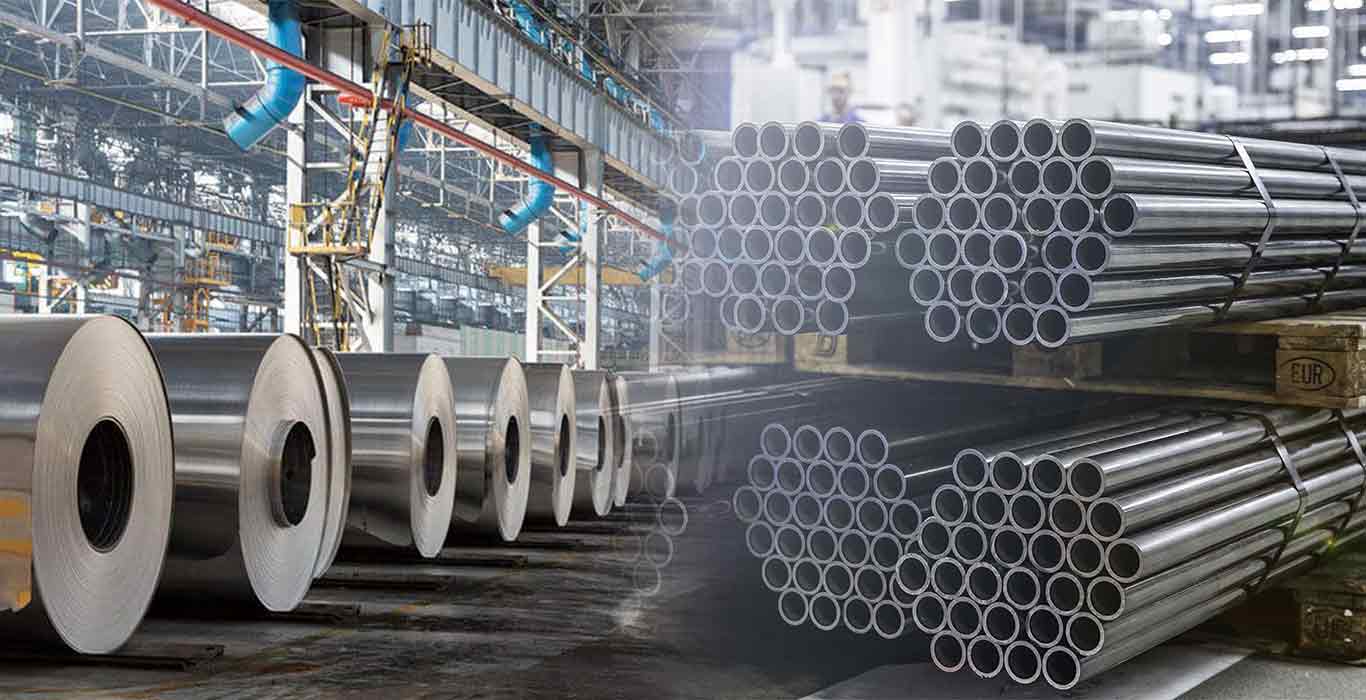Welcome To ChemAnalyst

New Delhi: India is taking big steps to position itself as an alternative in the global electric vehicle supply chain. To accelerate its adoption of EVs, the government has announced incentives worth at least $ 3.4 billion (Rs 27,761 crore). Manufacturing the most expensive component - batteries - at home could make electric cars more affordable for citizens and set India up as a viable exporter in response to the surging global demand.
This move has caught the attention of numerous business moguls such as Mukesh Ambani and his venture Reliance Industries Ltd., which is constructing an EV battery facility as part of its broader clean energy spending plan worth $76 billion. Three companies, including Ola Electric Mobility Pvt. and Rajesh Exports Ltd., will get incentives under a $ 2.3 billion program to develop superior battery cells. Foreign automakers are also trying to grab hold of the budding shift towards electric cars in India's fourth-largest auto market by volume. Suzuki Motor Corp.'s President Toshihiro Suzuki recently declared that they intend to invest 100 billion rupees into EV manufacturing and batteries in India.
With plans to build gigawatt factories, India hopes to establish a foothold as an exporter of Lithium-ion cells to Europe and the U.S., according to Rahul Prithiani, Senior Director of Energy, Sustainability and Commodities at Crisil Ltd. To accomplish this goal, India needs to develop dependable supply chains and recycling infrastructure.
However, the nation faces a major obstacle when it comes to achieving its EV ambitions: It only has access to limited amounts of materials needed for Lithium-ion batteries - which are projected by Crisil to grow 100-fold by 2030. This is compounded by the unprecedented global demand for Lithium, Nickel, and Cobalt, among other metals used in these batteries - estimated to have increased by 50% last year with prospects of fourfold growth prior to 2021. With shortages already manifesting in higher prices for raw materials, India's success is certainly put into question.
“The entry barriers are quite high,” said Jasmeet Singh Kalsi, director of Manikaran Power Ltd., India is working to establish its first Lithium refinery, while searching for nickel, Cobalt and Copper assets abroad. “China has captured most of it.”
Manikaran could buy spodumene, a source of Lithium, for $500 a ton in 2019. “Today,” said Kalsi, “the prices are around $5,000 a ton.”
China's control of the Lithium market is pervasive: it has negotiated with leading Lithium-producing nations and progressed in refining raw material into battery components, as well as manufacturing of battery packs. India, however, still has a considerable gap to bridge - and must also contend with other countries like the US that are hoping to produce their own batteries and make inroads against Chinese domination.
India is actively pursuing Lithium from nations like Australia, which produces close to half of the world's exports. Coal India Ltd., the nation's largest miner, has stated their intent to harvest the metals and minerals required for batteries, though further details remain scarce. India discovered a small Lithium deposit in Karnataka and plans to allow private mining of key minerals.
Copper demand is on the rise, prompting Hindalco Industries Ltd —largest Indian producer—to approximate that requirement will more than double over the next decade. Vedanta Ltd.'s 4,00,000 tons/year plant closure created an imbalance in output to import ratio of Copper affecting India's reliance on international supply. To counter this Gautam Adani — Asia's wealthiest and rival of Ambani — is building a 5,00,000 tons-a-year Copper refinery aiming for operational status by early 2024.
India's restricted access to materials doesn't stop at Lithium and Copper - they are also in short supply of nickel, Cobalt ore, Graphite and Manganese. Crisil estimates that to meet the nation's goal of 200 gigawatt hours of Lithium-ion batteries by 2030, there will be a need for 35,000 tons of nickel sulphate and 11,000 tons of both manganese sulphate and Cobalt Sulphate.
Global demand for this pure form of nickel is only expected to grow up to 1.34 million tons by 2030 from 100,000 tons in 2019. The production cost associated with these metals may prove restricting for India's attempts to develop more economical Electric Vehicle models - both domestically and abroad - as Tesla Inc. continues making headlines daily. Analysts suggest that although China has jumped ahead in terms of market share, the green transition is still at an early development stage.
Aimed at reducing dependence on Lithium, various countries have already started exploring alternatives to Lithium-ion batteries. Prices for raw materials are on the rise, making sodium-ion preparation an attractive option due to its abundant and economical components. Sodium-ion technology still falls short of Lithium-ion's energy storage capabilities, yet Reliance is determined to proceed with the switch given the comparable production costs of sodium compared to lead-acid batteries.
Faradion Ltd., a UK-based company acquired by Ambani in 2021, claims to be able to provide 160-170 watt-hours per kilogram commercially and believes they will soon reach 200 watt-hours per kilogram - putting them close enough in terms of power output when compared to some Lithium cells.
China's CATL, a major developer in Sodium-ion cells, predicted claiming an output of 160 watt-hours per kilogram for their first-generation products as of 2021. If the technology succeeds in taking off, India may find itself uniquely positioned to capitalize on its potential success.
“The material which is the prime material for many of the industries right now might not be the material in 10 years’ time,” said Chandra Bhushan, president of the New Delhi-based International Forum for Environment, Sustainability & Technology. “I’m not that pessimistic that the world will only be dependent on a few materials to drive industrialization.”
We use cookies to deliver the best possible experience on our website. To learn more, visit our Privacy Policy. By continuing to use this site or by closing this box, you consent to our use of cookies. More info.
